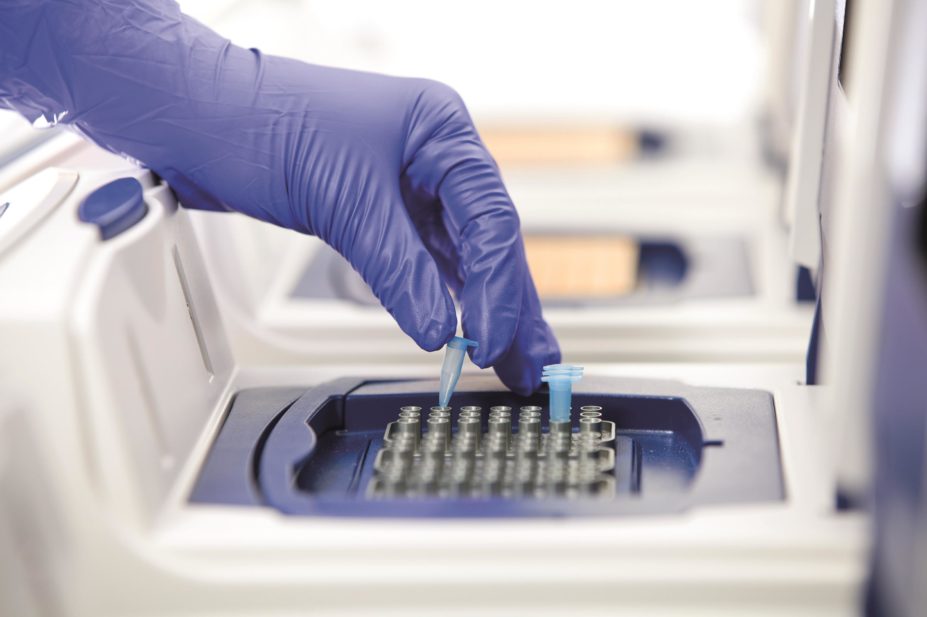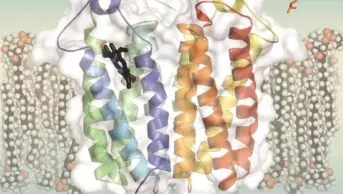
Shutterstock.com
The evolution of catalysts in early genetic polymers, such as RNA, is considered a stage in the origin of life. Scientists at the Medical Research Council have now created the world’s first enzymes made entirely from artificial genetic material – a move they say has implications “for the emergence of life on Earth and elsewhere in the universe”.
The research, published in Nature (online, 1 December 2014)[1]
, takes advantage of XNA replication technology previously developed by the group. Using XNAs as building blocks, the team created XNAzymes, which are able to catalyse simple reactions such as cutting and joining RNA strands. One of the XNAzymes was even able to join XNA strands together – one of the first steps in creating a living system.


